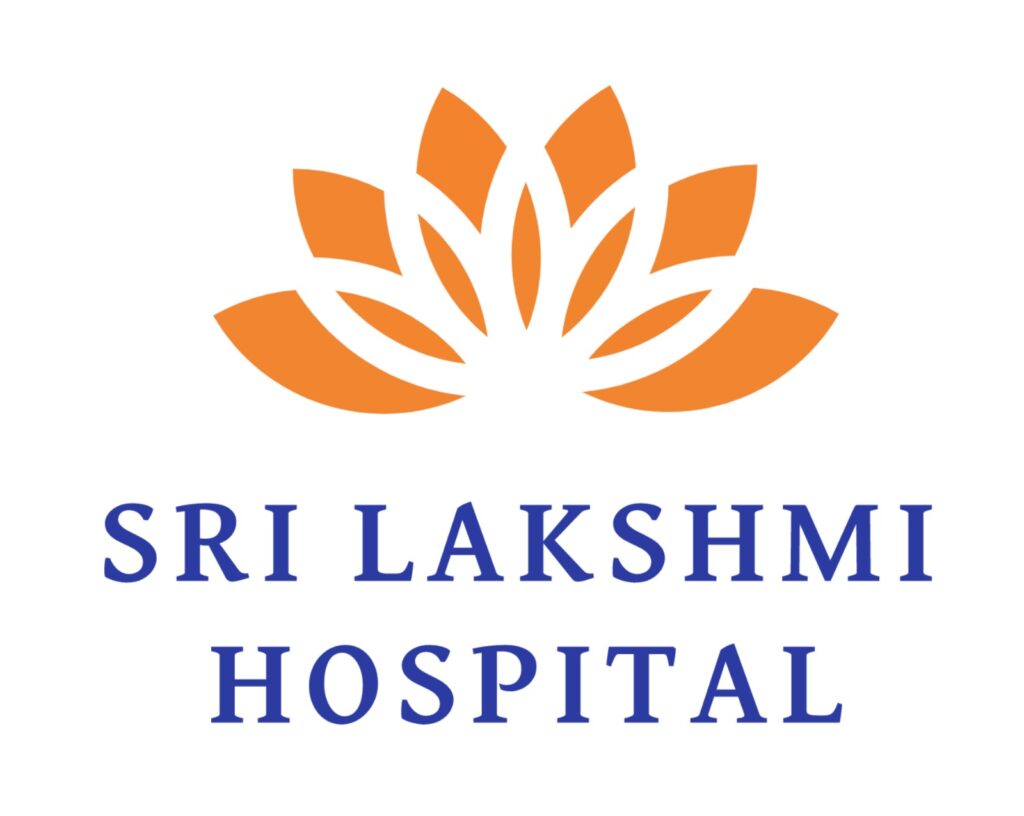Bone health is vital at every age. Many people think only the elderly need to worry about bones, but that’s far from the truth. Everyone should care about their bone health, regardless of age. What is osteopenia? It’s a condition marking early-stage bone density loss. While it’s not as severe as osteoporosis, it can still lead to issues if ignored.
Detecting osteopenia early can stop it from turning into osteoporosis. Simple lifestyle tweaks can make a big difference. More people are now aware of osteopenia, thanks to recent treatment advancements. These treatments focus on maintaining bone mass and preventing fractures.
Understanding bone health means understanding what osteopenia is. This condition is a wake-up call for better bone care. It’s crucial to address it to ensure good health down the road.
Symptoms and Diagnosis of Osteopenia
What makes osteopenia tricky is that it’s often silent. Most people don’t know there’s a problem until their bones begin to break more easily than expected. Despite being symptomless, there are subtle hints like occasional bone pain and a higher fracture risk. If you notice these signs, it’s worth investigating.
A DEXA scan is the go-to method for diagnosing osteopenia. This scan checks the density of your bones, showing how strong they really are. If you’re a postmenopausal woman or have risk factors like family history, smoking, or lack of exercise, it’s wise to get this scan.
Knowing what causes osteopenia helps in its early detection. An understanding of the risks can prevent serious consequences. Don’t wait for symptoms. If any risk factors apply to you, consider a screening and talk to your doctor about your bone health.
Root Causes and Risk Factors for Osteopenia
Why does osteopenia start? Aging is a big factor. As we age, bones naturally lose density. But genetics can also play a role. If your family has a history of weak bones, you might be at risk too.
Certain lifestyle habits can worsen things. A lack of exercise, smoking, and a diet low in calcium and vitamin D contribute significantly. Also, existing health issues and some medications can lead to bone density loss.
Though many think age or genes are the most common causes of osteopenia, lifestyle factors are often the real culprits. Knowing this can help you make better choices, ensuring you maintain strong bones.
Effective Management and Prevention Strategies for Osteopenia
Taking care of your bones is simple but important. Here are some things you can do:
- Exercise regularly: Weight-bearing and resistance exercises are the best exercises for osteopenia. Walking, dancing, and even gardening are beneficial.
- Eat a balanced diet: Include plenty of calcium-rich foods like dairy, leafy greens, and fish.
- Consider supplements: Vitamins like calcium and D help support bone strength. Talk to a doctor about what supplements help osteopenia.
Medical treatments can include medications when lifestyle changes aren’t enough. Ask your healthcare provider what the best medicine for osteopenia is in your case. It’s important to catch osteopenia before it progresses.
Preventing osteopenia involves being proactive about your health:
- Maintain a healthy weight and avoid smoking.
- Limit alcohol intake.
- Manage any other health conditions that might affect bone health.
Remember, taking care of your bones isn’t just for today; it’s for your future. If you have concerns or family history, don’t hesitate to ask your doctor what should I do if I have osteopenia. By following these strategies, you can play an active role in managing your bone health. It’s all about making smart choices now for stronger bones later.
Osteopenia is a condition where bone mineral density is lower than normal, making bones weaker and more prone to fractures. While it doesn’t always show symptoms, it can progress into osteoporosis if not managed properly. Early detection and treatment are crucial to prevent further bone loss and improve bone health.
At Sri Lakshmi Hospital, our specialists provide comprehensive assessments and personalized treatment options to manage osteopenia effectively, including lifestyle modifications, dietary recommendations, and medications.
Consult Sri Lakshmi Hospital today to get a thorough evaluation and the best possible care to protect your bone health and prevent future complications.

